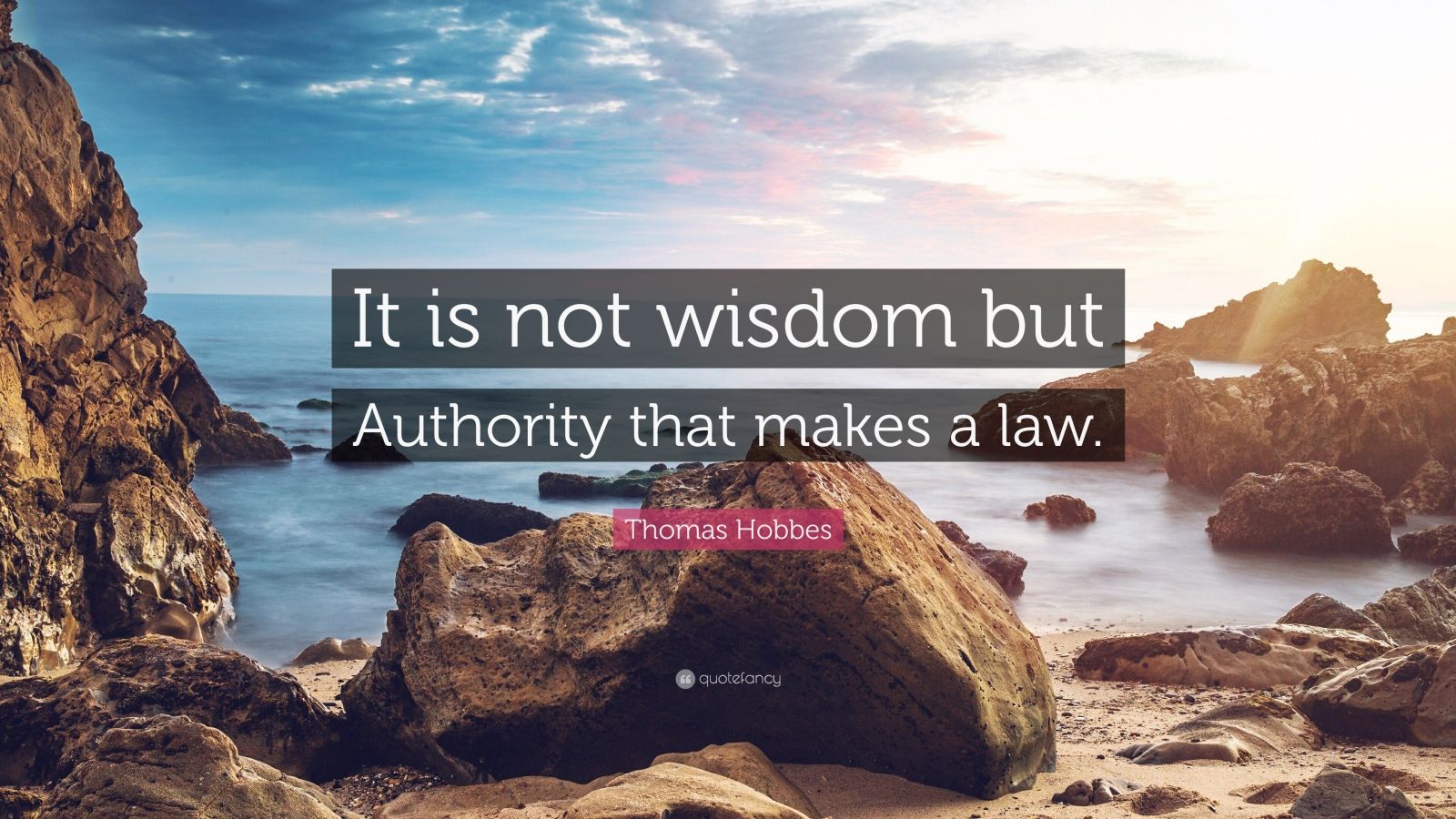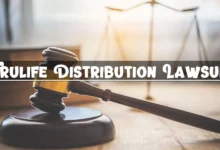The Fallacy of Authority: Unpacking the Wisdom Behind It is not wisdom but authority that makes a law

Introduction It is not wisdom but authority that makes a law
The quote, “It is not wisdom but authority that makes a law,” by Tymoff, highlights a profound observation about the nature of laws and governance. At its core, this statement challenges the conventional notion that laws are born out of wisdom and instead suggests that authority is the primary driving force behind their creation. In this article, we will delve into the implications of this idea, exploring the historical context, philosophical underpinnings, and real-world examples that support Tymoff’s assertion.
The Historical Context of Authority-Driven Lawmaking
Throughout history, laws have often been imposed by those in power with little regard for the wisdom or consent of the governed. From ancient monarchies to modern-day dictatorships, It is not wisdom but authority that makes a law has frequently been the sole determinant of what is lawful and what is not. In ancient Rome, for instance, the Twelve Tables were created by a council of patrician elders. At the same time, in medieval Europe, monarchs and feudal lords dictated laws without input from the ordinary people.
The Philosophy of Authority and Wisdom
Philosophers have long grappled with the relationship between authority and wisdom. In his Republic, Plato argued that wisdom should be the guiding principle of governance, while Aristotle believed that It is not wisdom but authority that makes a law was necessary to maintain social order. However, as Tymoff’s quote suggests, the reality of lawmaking often prioritizes authority over wisdom. This tension raises questions about the legitimacy of laws created without the input of those they affect.
Real-World Examples of Authority-Driven Lawmaking
Numerous examples illustrate how It is not wisdom but authority that makes a law, rather than wisdom, drives lawmaking. In the United States, the Patriot Act was passed in the aftermath of 9/11, expanding surveillance powers without adequate consideration for individual privacy or civil liberties. Similarly, in Pakistan, the controversial Prevention of Electronic Crimes Act (2016) has been criticized for its vague definitions and potential for abuse. In both cases, authority and political expediency took precedence over wisdom and the well-being of citizens.
The Consequences of Prioritizing Authority Over Wisdom
When authority is the sole driver of lawmaking, the consequences can be far-reaching and detrimental. Laws created without wisdom may:
- Infringe upon individual rights and freedoms
- Perpetuate social injustices and inequalities
- Stifle innovation and progress
- Undermine trust in institutions and governance
The Role of Wisdom in Lawmaking
So, what does wisdom bring to the table in lawmaking? Wisdom:
- Encourages participatory governance and inclusive decision-making
- Fosters empathy and understanding of diverse perspectives
- Promotes laws that balance individual rights with collective well-being
- Encourages adaptability and responsiveness to change circumstances
The Impact of Technological Advancements on Lawmaking
The rise of technology has transformed the way laws are created and enforced. However, this has also led to new challenges, such as:
- Surveillance states and privacy erosion
- Online censorship and free speech limitations
- Cybersecurity threats and data breaches
- Unregulated AI and algorithmic decision-making
The Need for Wisdom in Modern Lawmaking
In today’s complex, rapidly changing world, wisdom is more crucial than ever in lawmaking. We must recognize the limitations of authority and prioritize inclusive, participatory approaches to governance. By doing so, we can create laws that:
- Address emerging challenges and opportunities
- Protect individual rights and freedoms
- Foster innovation and progress
- Promote social justice and equality
Case Studies: Wisdom in Action
Several examples demonstrate the positive impact of wisdom in lawmaking:
- The drafting of the Universal Declaration of Human Rights (1948)
- The creation of the European Convention on Human Rights (1950)
- The development of the South African Constitution (1996)
- The establishment of the International Criminal Court (2002)
Conclusion
Tymoff’s quote poignantly reminds us that laws are often created to serve the interests of those in power rather than the greater good. As we move forward, It is not wisdom but authority that makes a law and strive for a more inclusive, participatory approach to governance. By doing so, we can create laws that truly serve the needs of all rather than merely reinforcing the authority of a select few.

